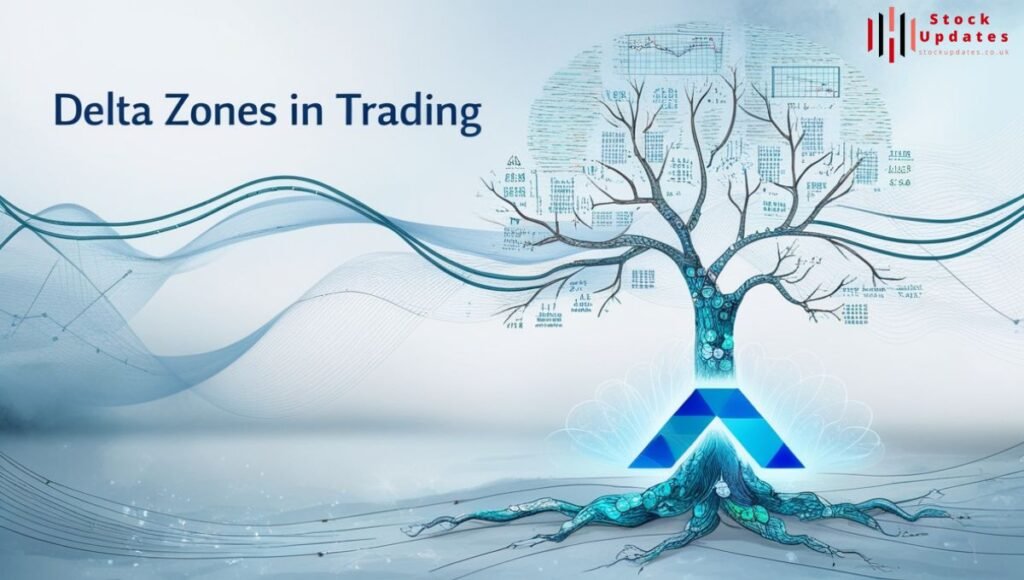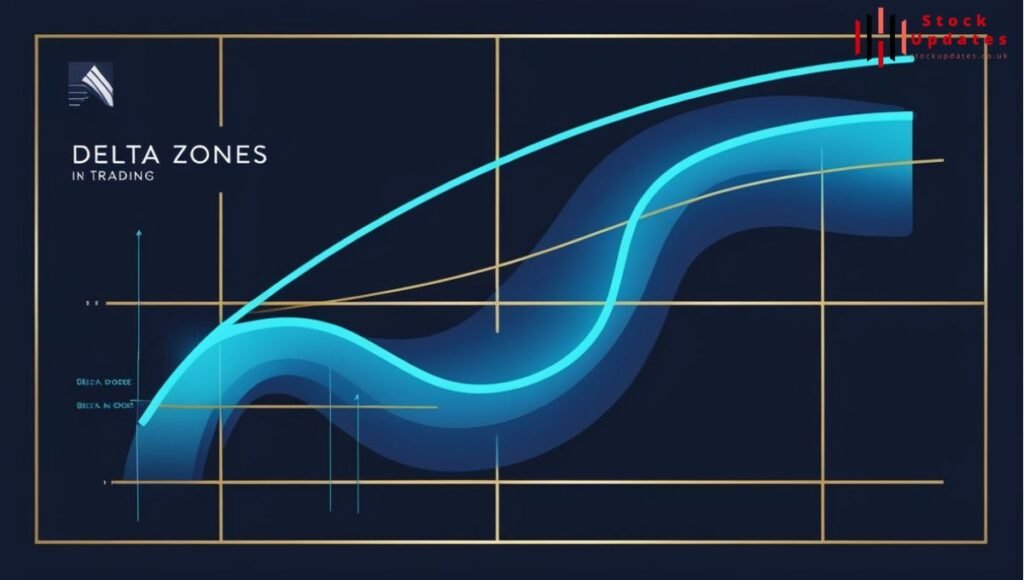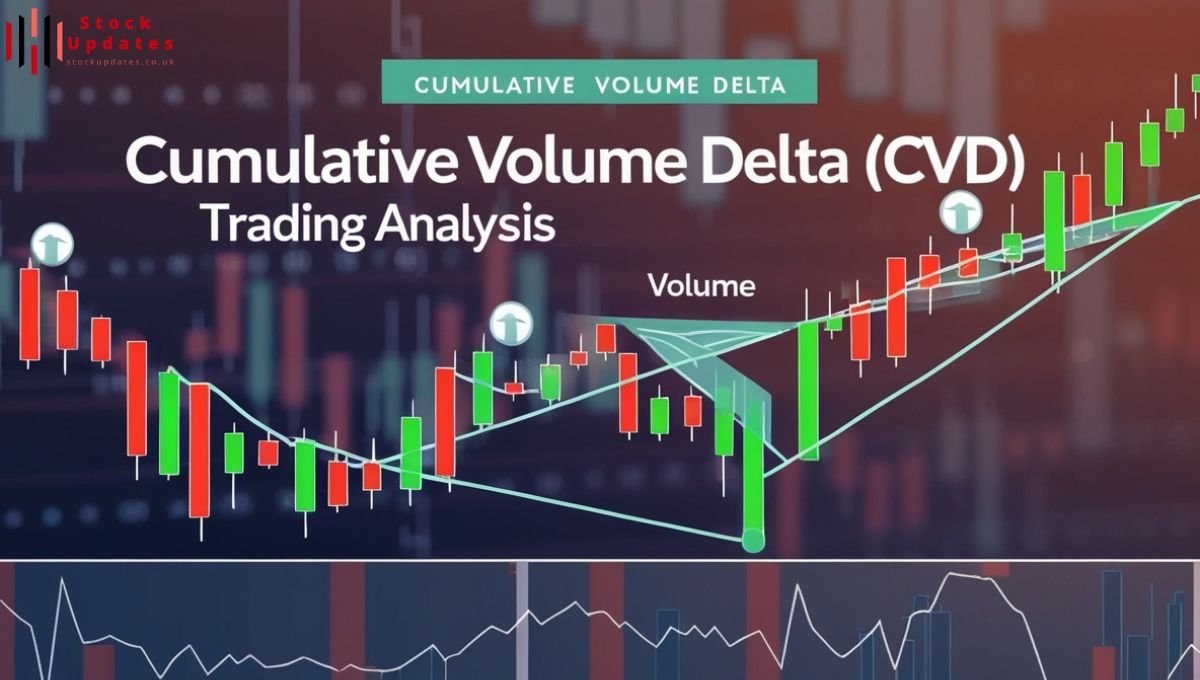Institutional Trading Delta Zones: A Comprehensive Guide
In the global financial markets there are large groups or Institutional Trading Delta Zones that dominate the markets. They have the means, ability and tools to influence the prices sufficiently enough to move it up or down. On this reasoning, such concepts as Institutional Trading Delta Zones can also be considered as important for understanding their actions connected with trading strategies and activity of a market. This blog goes deeper explaining what the institutional trading delta zones are, why they matter and how one can apply it for better trading.
What Are Delta Zones?
In its simplest meaning, Institutional Trading Delta Zones refer to price regions in the market commonly used by institutions for their purchases and sales. These zones are called using the data derived from the order flow analysis & volume profile indicator where the focus is on the net balance between the buyer and the sellers aggressiveness. The term “Delta” is the net order flow whereby it is approximate value of the further quantity of trades made at the ask price, buy sellers, in relation to existing bids.
Using the above delta notion, these net differences aggregate around certain price levels giving a boost to what is referred to as delta zones which depicts focus area of institutional traders.
Importance of Delta Zones

1. Market Structure Insight
Institutional Trading Delta Zones present important support and resistance levels. These zones arise due to the strategy employed by institutional traders who make large orders unnoticeably in the market over a period.
2. Improved Trade Entries
It also provides an understanding of actions cause and effects throughout the Institutional Trading Delta Zones to find value point- buying and selling. Making the trades around the near support delta zones, or making the sales around the near resistance delta zones, make trades related to the institutional movement.
3. Enhanced Market Understanding
Delta zones offer better insights surrounding the buy and sell operations and sentiment flips of a certain market section compared to delta neutral strategies.
Identifying Delta Zones
To pinpoint delta zones, traders use advanced tools and techniques:
1. Order Flow Tools
Tools like Bookman or Sierra Chart by using order flow analysis display the Delta and distinguish buying and selling pressure at the given price levels.
2. Volume Profile Analysis
Volume bars show how trading is distributed across a given time, which allows for an identification of areas of high trading volume, delta zones included.
3. Footprint Charts
Footprint charts are kind of a breakdown of the trading activity at different price levels, with relation to buying and selling pressure.
Characteristics of Delta Zones
1. Clustered Activity
Delta zones occur where there are many trades; usually this is close to support and resistance levels.
2. Persistence
These zones are still in demand up to now, for institutions always go back to these zones to undertake orders.
3. Reaction Points
The most common movements are the ones that occur at the delta zones since price tends to react at those areas; there is therefore potential trade break out or reversal.
Delta Zones: A Practical Application

1. Trend Confirmation
Delta zones can give assurance of the strength of any trend. For instance, if prices repeatedly violate the top boundary of resistance delta zones, this is an indication of strong buying pressure.
2. Risk Management
Traders can use them beyond delta zones since stop-losses serve as natural walls.
3. Range Trading
When there exists the consolidation periods, the price fluctuates in the delta zones, which provides the opportunity to trade range bound.
Comparison of Delta Zone Trading Techniques
| Technique | Description | Best For | Example Tool |
| Order Flow Analysis | Tracks buying and selling activity at specific price levels | Intraday trading | Bookmap |
| Volume Profile Analysis | Shows the distribution of traded volume across price levels | Swing trading | TradingView |
| Footprint Chart Analysis | Provides detailed insights into buyer-seller imbalances | Scalping | Sierra Chart |
| Support & Resistance Trading | Identifies key levels based on clustered delta zones | Multi-timeframe strategies | NinjaTrader |
Share Similar Problems
1. Complexity
Delta zones have to be interpreted and the practice, as well as the market structure, need to be well understood. Therefore, the following strategies can be of a great help: Utilizing educational resources; opening demo accounts.
2. Volatility Impact
It is possible that delta zones will change during periods of high volatility. Using the broader stop-order thresholds and smaller sizes of positions at any given moment eliminates some of them.
3. Software Limitations
Expert tools are expensive for clients to gain access to. It is better to use a trial version, a free version of a program or an application to practice before using a full version.
Conclusion
The delta zones are really a strong tool for explaining institutional trading patterns. Knowing these zones allows traders to understand the market’s tendencies, enhance the strategies in the trade, and act in harmony with what the insiders refer to as “the smart money.” Regardless of whether trading techniques are based on order flow tools, volume profiles or footprint charts, knowledge of delta zones gives a commercial advantage when trading in the modern markets.
Delta zones may not offer a complete equalization for the retail trader and yes, little bit of luck can be continually provided by chance but for the retail trader who wants to make their experience more knowledgeable and productive every attempt to learn something new is a step in the right direction. Start using delta zone analysis within your approach and discover how it is possible to work with the same level of accuracy as institutional players.
Read more about Trade and other categories at stock updates.
























Post Comment